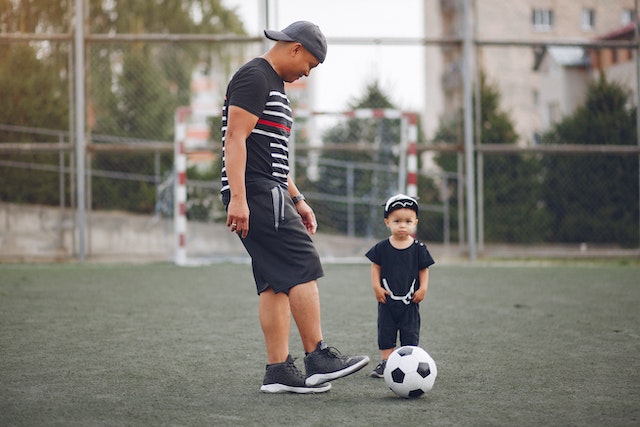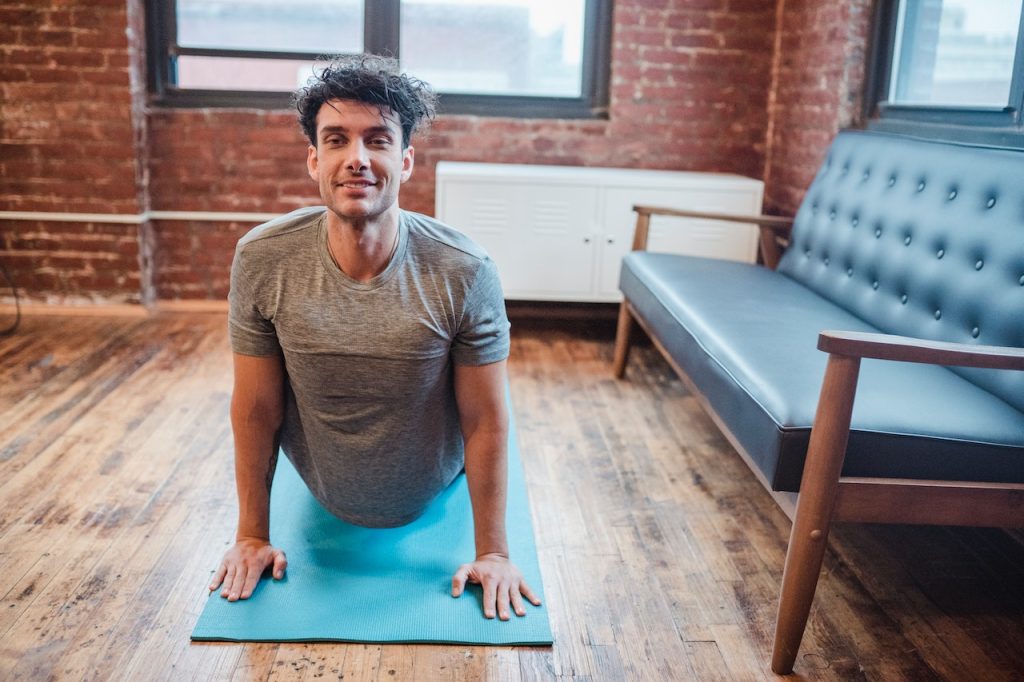Feeling ‘not good enough’ or ‘inadequate’ are among the most common expressions I hear from gay men seeking therapy for low self-esteem. Men consulting me about gay relationships, those referred by their doctor for anxiety or bipolar or recovering from religious trauma or coming out later in life, often use similar words to describe what has brought them to an LGBTQ affirmative counsellor. This is not a new phenomenon, I’ve been hearing it for over 30 years as both a gay community worker in the Australian eastern states and as a private psychotherapist for LGBTQ clients in Sydney and via telehealth.
I’ve written previously about how shame and feeling ’not good enough’ can sabotage access to support for gay men. Often the embarrassment of having low self esteem has my clients isolated in trying to fix themselves. By the time they turn up at Forward Therapy Sydney, or make an appointment for online counselling, some have even been diagnosed with social anxiety or adjustment disorder or even agoraphobia. What began as a critical voice inside their heads has escalated to a full blown mental health condition with a Mental Health Treatment Plan.
Already have a GP referral? Book a consultation online or in-person
Pathologising and Problematising in the Psychology of Gay Men’s Lives
What concerns me most when I hear these descriptions from clients (or ‘patients’ as Medicare refers to them), is not just the highly pathologised way in which they have learned to describe themselves. It is also the way common human difficulties and challenges have been essentialised or attributed to something about a gay man’s personality or, to put it another way, turned into a problem within and isolated to him. Some are seeking therapy for low self-esteem. Others refer to ‘The Damage’ or ‘Baggage’. But, almost without exception, someone seeking out a mental health counsellor or psychologist for gay men, has come to the conclusion that he, as an individual, has a psychological problem particular to him.
The experience of a career working with gay and queer communities has offered me some different perspectives. We are certainly not alone in our experiences.
For a start, as queer or gay men, most of us are born into and raised within heteronormative cultures. Implicit shaming derives primarily from not seeing oneself reflected in media or institutions like family or school and where masculinity and gender roles are used to restrain and repress our identities under what is considered straight and normal sexuality. And so unfolds the Coming Out dilemma: the idea that it is the responsibility of LGBTQ individuals to make a statement about their own identity in order to claim some territory in the world (rather than being beholden on broader society to embrace diversity and welcome difference). Walt Odets, in his remarkable book ‘Out of the Shadows’, writes of the cultural trauma we experience when homosexuality is denigrated or we are compelled to keep our sexuality hidden and how this leads to higher rates of depression, anxiety and substance abuse amongst gay men.

Secondly the way we are reared by our parents impacts how we feel about ourselves. Instead of a nurturing upbringing, many of my clients experienced neglect in the form of authoritarian or indulgent parenting or care-providers who were simply absent and abandoned both their growth and basic needs. Attachment Theory is one of the models used to explain this, but again it often leads to clients having quite fixed and critical opinions of themselves including that there is something wrong with them.
In addition to both subtle and overt social homophobia and having missed out on childhood nurturing, many gay men turn up requesting therapy for low self-esteem with stories of trauma which have often been repressed or constructed as self-blame. The custom of psychology to treat us through individualising and isolating us as ‘patients’ creates an internalised and pathological understanding of traumatic life experiences. Over the years I have met many men who experienced bullying, harrassment, violence, sexual assault, coercive control in relationships and other forms of abuse but held themselves responsible for the trauma. And then there’s the effects of ageism, racism, ableism, and body shaming, and feeling excluded, even from within gay men’s circles, that we fail to collectively address. Such is the individualising and essentialising effect of the current pop psychology emphasis on ‘self-help’, ‘personal growth’, ‘authenticity’, ‘living your best life’ and ‘reaching your potential’ etc. My recommendation, when seeking mental health advice, is to avoid being guided by unqualified influencers on tik-tok or instagram, (especially those declaring ‘paid partnerships’!) And much of what is promoted as online coaching for gay men is simply reinforcement of a sense of deficiency and inadequacy by someone claiming to be an ‘expert’ but with no actual professional experience. A qualified, evidence-based practitioner who is accountable to a reputable industry association is a better start and, ideally, someone who is not going to treat you as broken or defective.
Find out more about Ash’s qualifications and experience
Cheerleading You to Better Mental Health: The Role of Encouragement in LGBTQ Well-Being
Describing your psychology sessions as therapy for low self-esteem can actually be a criticism of yourself. If you think that your self-esteem comes from within you, then you might imagine you caused it yourself. I don’t use the expression ‘self-esteem’ in my work because it isn’t generally helpful and is usually confusing. Instead I refer to ‘relationship with self’. For example, when you start practising kindness instead of criticism towards yourself, you can positively affect the relationship with yourself. The same goes for remembering that you are not alone and isolated in your experiences. Many others have gone through similar experiences and recovered or reclaimed a better relationship with themselves. It also helps to remind yourself of all the things you actually can do, your skills, and what you have already achieved in your life, including taking the step towards getting more support through consulting a gay counsellor, especially if that might have once felt too embarrassing or shameful. I call this ‘cheerleading’ yourself. There is a body of research behind this approach, particularly the Mindful Self Compassion work of Kristin Neff from the Department of Educational Psychology at the University of Texas.

Many psychologists and mental health counsellors are finally realising that there are better ways to work with LGBTQ people than to treat us as disordered, deficient or wrong. More psychology practitioners are starting to embrace dialogical ways of working such as Narrative Therapy that appreciate and value our responses to difficult situations as skilled and connect individual experience to cultural phenomena. There is more to consider than simply ‘changing your mind’ or ‘becoming more resilient’. Instead of thinking of ourselves as defective, we can draw on our capacity to determine where we will be well-received and the ways in which our stress responses might actually be serving us. This is fourth wave psychology, the shift from disorder and deficiency to capacity and well-being that emphasises a person’s own meaning-making, resourcefulness and personal agency.
Therapy for Low Self-Esteem through Encouragement and Self-Compassion.
When overcoming the shame of feeling inadequate, deficient, or ‘not enough’ it can help to have some encouragement and coaching. This is what I do in my work with gay, bisexual and queer men. I encourage you. Getting good with yourself is your journey but you don’t have to take it on your own. Finding your inner cheerleader and developing a sense of your own self-agency can assist you to recover your life from toxic shame, feel less overwhelmed and connect with others. Improving the relationship with yourself will help you to navigate other relationships. It is an alternative to therapy for low self-esteem. If you are interested in developing a more loving and less critical relationship with yourself, feel welcome to get in contact to make a consultation appointment.


